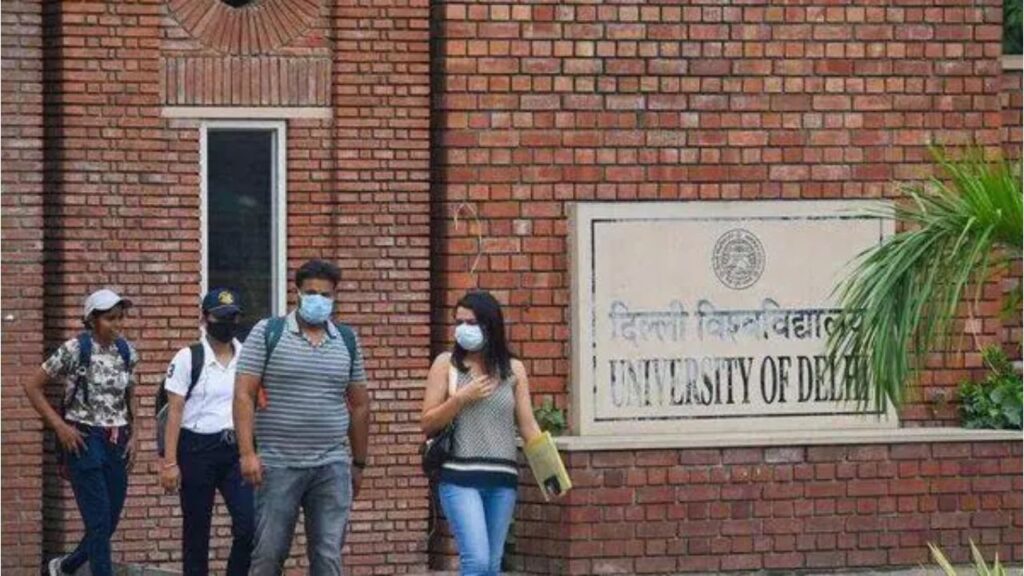The Delhi High Court has ruled that Delhi University students failing to maintain the minimum 75% attendance cannot contest elections to student bodies. Justice Mini Pushkarna, while dismissing a petition against the rejection of a nomination for a college union election, observed that the attendance requirement is central to maintaining discipline and academic seriousness on campus.
The court clarified that the rule is not a mere formality but a substantive condition. “If a candidate falls short of the prescribed 75% attendance, the college is well within its rights to reject the nomination,” Justice Pushkarna noted, according to the court order.
Wider impact on DUSU polls
The judgment comes just as the Delhi University Students’ Union (DUSU) elections for 2025–26 are underway. Voting takes place on September 18, with results to be declared the next day. A total of 21 candidates are vying for the top posts of president, vice president, secretary, and joint secretary. The ruling reinforces that only those who meet academic benchmarks can represent the student community.
Spotlight on women candidates
This year’s elections are also notable for the strong participation of women. The Department of Buddhist Studies alone has three presidential candidates, while aspirants from Hindu College, Bhagini Nivedita College, and the Department of Social Work are contesting for secretary and joint secretary positions. Their increasing visibility signals a shift toward more inclusive student politics.
Key concerns in focus
Campaigns across campuses have highlighted pressing issues including the shortage of hostel facilities, rising tuition fees, women’s safety, and the rollout of the National Education Policy (NEP) 2020. Dominant student groups Akhil Bharatiya Vidyarthi Parishad (ABVP) and National Students’ Union of India (NSUI) remain key contenders, though several independents have also joined the race, bringing in diverse viewpoints.
Why the ruling matters
The High Court’s decision underscores the importance of academic performance in student leadership. By tying candidacy to attendance, the court signaled that political aspirations must not come at the cost of classroom commitment. For an institution often seen as a hub of ideological contestation, the ruling could be viewed as an attempt to align campus politics more closely with educational responsibility.

